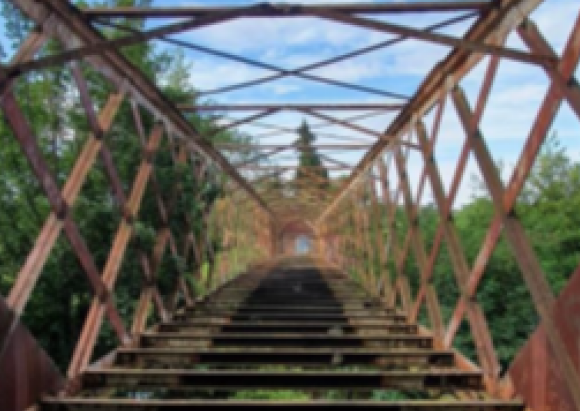Noted for its beautiful landscapes, coastal scenery, magnificent lakes, strong cultural heritage and flora and fauna, Kerry is getting tough on litter and dumping.
Technology will be central to a five-year plan adopted in Kerry to target “the persistent” problem of litter. The plan will include smart phone apps, mobile cameras and CCTV all being deployed to stop illegal dumping.
Geographic Information System (GIS) is to be used to create a database of litter black spots with information from technology such as smartphone apps for litter wardens, mobile cameras and fixed CCTV in the vicinity of known dumping sites will be fed into the system.
A “suitable” smartphone app is being sourced to protect lone litter wardens and allow the county’s three full-time and 11 part-time wardens to better report and monitor litter and illegal dumping. The app will link up with fixed CCTV and new mobile cameras.
Mobile cameras will be used in urban areas as well as remote bogs and it is hoped that an increase in fines, as well as reduce the mounting problem of illegal dumping in beauty spots will be seen.
Of 634 investigations into illegal dumping and littering last year, there were just 17 prosecutions and only nine of these resulted in a conviction. In addition only 19 of the 66 on-the-spot fines issued in Kerry were paid.
The plan highlighted the success of three “Kerry Clean Days” over the past three years, with thousands of volunteers involved in collecting 128 tonnes of waste, with local waste company KWD disposing of the material, the plan said.
Despite the widespread nature of the problem, a litter management plan before the public for consultation for months in Co Kerry had received only two responses.
In addition, John Breen, the council’s most senior environmental official, warned about the growing problem of rubble being left on roadsides by builders. He also said a mechanism would have to be found by the council to tackle the storage of domestic refuse in attics, back gardens and spare rooms in some local authority houses.
“There is a direct correlation between waste and the economy. Construction waste is increasing on the road side – it needs to be brought home that this is waste and it needs to go to a licensed waste facility,” Mr Breen said.
Fly tipping and illegal dumping is a serious problem in both rural and urban Ireland. According to the EPA, more than half the calls made to the country’s tip-off line for environmental complaints in 2015, involved fly-tipping.
Kerry’s plans follow a similar initiative overseen by Protecting Uplands and Rural Environment (PURE) Project, where night vision CCTV were installed to monitor illegal dumping hotspots in Wicklow mountains.













